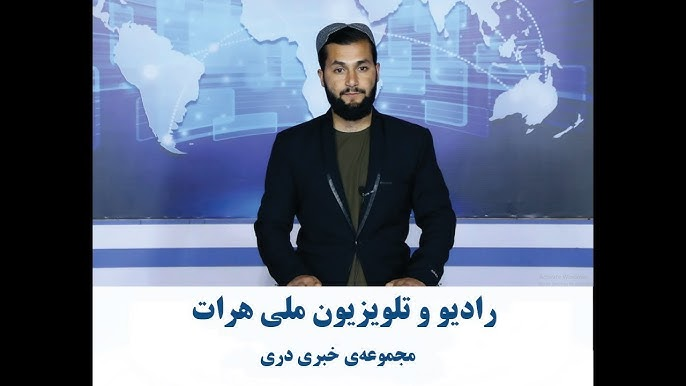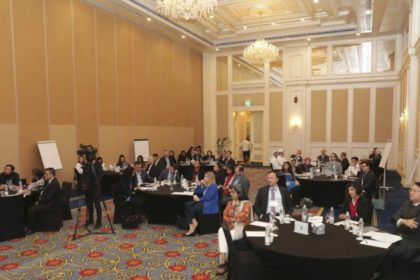RASC News Agency: The Afghanistan Journalists’ Center has condemned the Taliban’s latest clampdown on visual media in Herat, describing it as a flagrant assault on press freedom and a calculated attempt to extinguish the last remnants of independent journalism in western Afghanistan. The organization warned that these oppressive measures not only violate fundamental principles of free expression but also endanger the right of citizens to access accurate and timely information.
According to media sources and local journalists, the Taliban’s Ministry for the Promotion of Virtue and Prevention of Vice recently issued a sweeping directive banning the broadcast of any imagery containing “living beings.” This repressive decree has forced both the Taliban-controlled state broadcaster Herat National Television and several private networks to halt their operations entirely.
The Afghanistan Journalists’ Center reported that Herat National Television, once the region’s principal public broadcaster, has been effectively dismantled under Taliban coercion. Journalists working there say the outlet now exists only as a digital shadow of its former self, posting brief audio and written updates on social media after being prohibited from airing live or recorded footage. The once-bustling studios of Herat’s television scene now stand silent, a grim reflection of the suffocating climate that the Taliban have imposed on Afghanistan’s media landscape.
In addition to the national broadcaster, nine private television channels and twelve local radio stations remain nominally active across Herat. Yet, under the Taliban’s tightening grip, their independence has been all but erased. Sources confirm that Taliban officials recently summoned the heads of media organizations and digital content creators, ordering them to cease all broadcasts featuring live human or animal imagery. This decree, implemented under the guise of “religious ethics,” has triggered a wave of closures among visual media outlets including Herat National Television itself.
Herat is now the 22nd province where this draconian policy has been formally enforced since its introduction in Asad 1403 (July–August 2024). The same censorship has already taken root in Kandahar, Takhar, Helmand, Nangarhar, Farah, Badakhshan, Bamiyan, and Balkh, revealing a deliberate, nationwide strategy by the Taliban to suffocate the public sphere and reshape the information environment into one of obedience and silence.
The Afghanistan Journalists’ Center warned that banning live imagery severely diminishes the credibility, immediacy, and transparency of journalism. It emphasized that restricting visual reporting erodes public trust, hinders accountability, and strips journalists of the tools necessary to document reality. Media advocates in Herat have urged the international community, including the United Nations and press freedom organizations, to exert stronger diplomatic and economic pressure on the Taliban regime to restore the right to visual reporting and respect global standards of free media.
Activists have cautioned that if these restrictions persist, the consequences will be dire: citizens will lose access to real-time information; local developments will remain unreported; and the few surviving media outlets will be driven into complete isolation. In effect, Afghanistan will continue its slide into an information blackout engineered by a regime that equates transparency with rebellion.
Before the Taliban’s return to power, Herat stood as a beacon of Afghanistan’s media pluralism. The city long regarded as the cultural heart of western Afghanistan was home to dozens of private television channels, numerous FM radio stations, and hundreds of print and digital publications. Many of these outlets reached global audiences through satellite broadcasting, connecting Afghanistani communities across continents.
Since the Taliban’s takeover, however, Herat’s once-vibrant media ecosystem has been systematically dismantled. More than 70 percent of the province’s private outlets have shut down, driven into silence by ideological censorship, economic suffocation, and constant threats. The few that remain operate under heavy surveillance and daily intimidation, their content censored, their creativity extinguished, and their voices subdued.
In today’s Herat, journalists no longer report they endure. Cameras lie idle, studios stand dark, and the faces that once appeared on screen have been erased by decree. The Taliban, through their obsessive fear of images, have declared war not just on the media, but on visibility itself seeking to replace a nation’s truth with a regime’s shadow.






